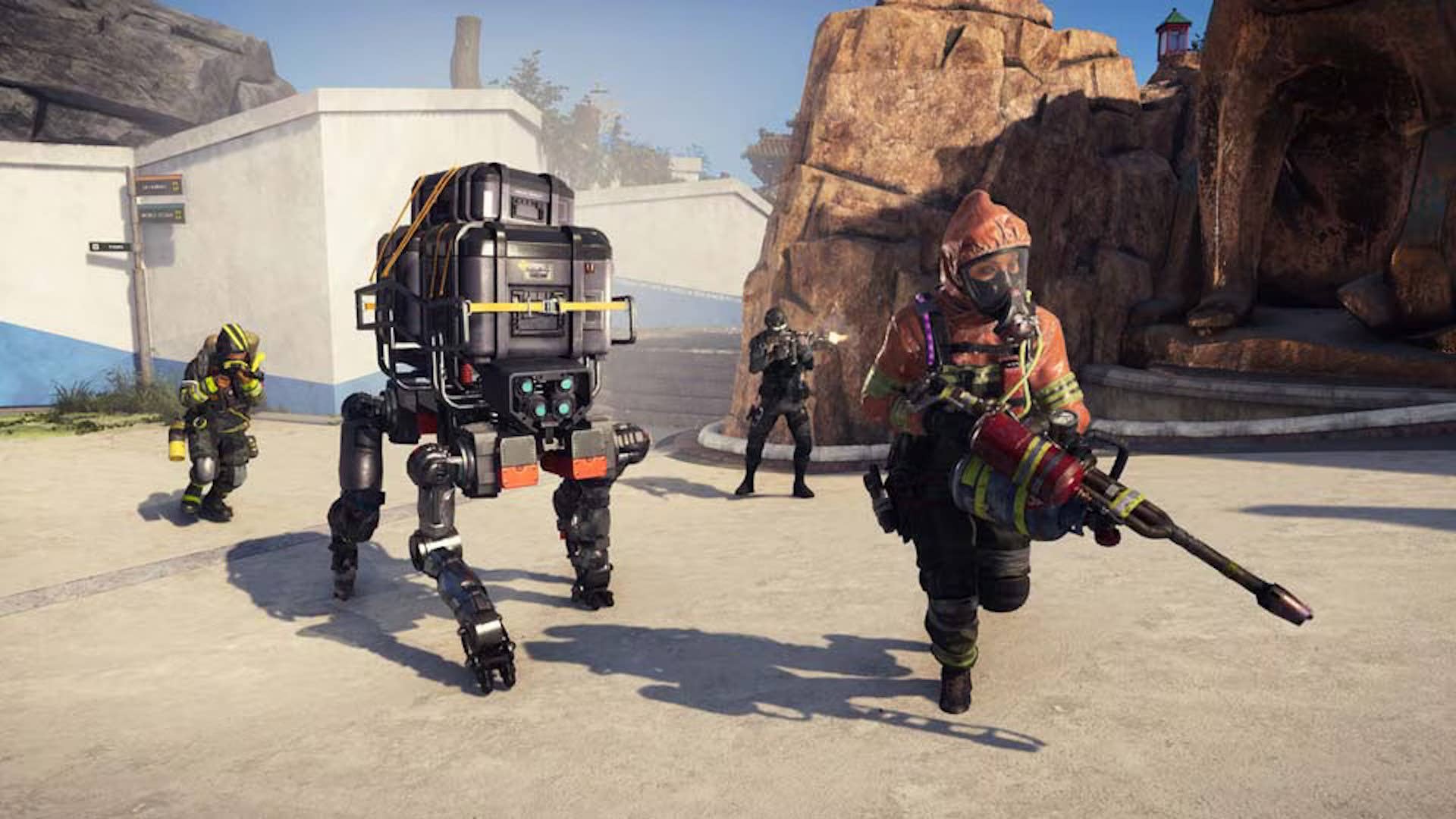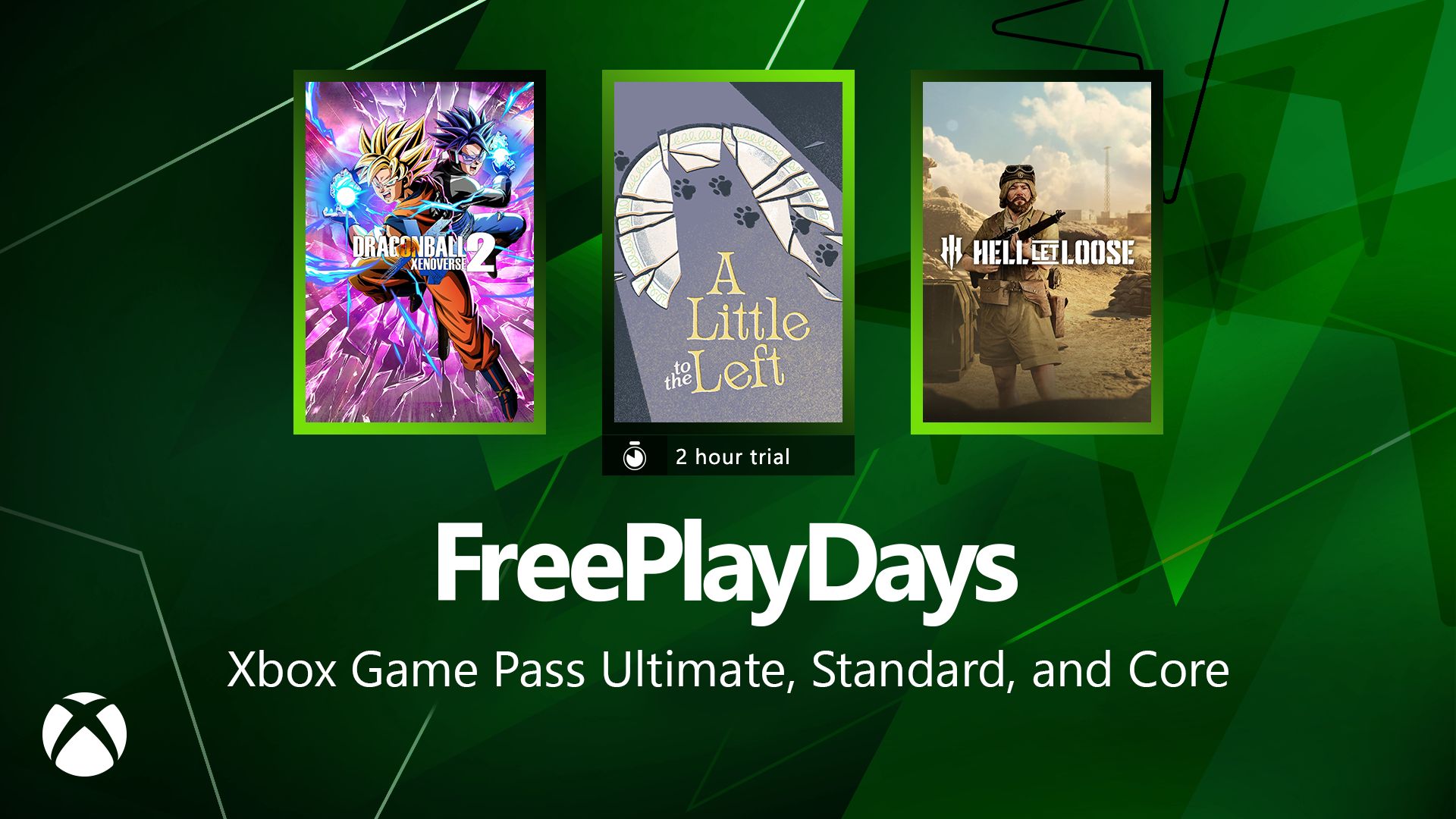What to Know Before Enrolling Your Child in LKG in Pondicherry
In this blog, we explore engaging ideas, useful tips, and fresh perspectives on a variety of topics. Whether you're curious, learning, or just browsing, there's something here for everyone.
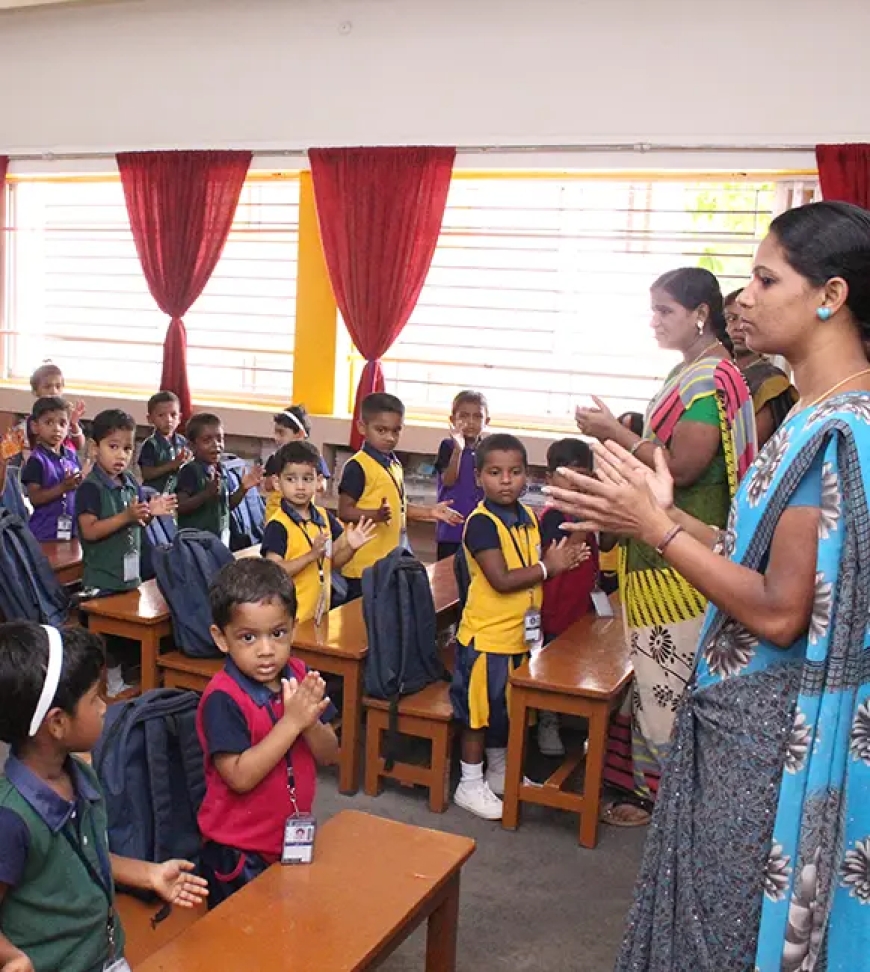
Every child’s educational journey begins with a single, often emotional step — the first day of school. For parents in Pondicherry, securing LKG (Lower Kindergarten) admission is not merely a formality but a milestone. It is the gateway to structured learning, social exposure, and the broader world beyond home. While the process may seem overwhelming at first, understanding how it works — from timelines and expectations to what truly matters in your choice of school — can turn the experience from stressful to empowering.
The Importance of Early Schooling
LKG is more than just coloring books and rhyme time. It is the formative stage where a child develops the foundations of language, motor skills, peer interaction, and emotional regulation. At this age — typically 3.5 to 4.5 years — children are naturally curious and absorb their environment like sponges. Structured environments, guided by trained teachers, help them channel that curiosity into meaningful learning experiences.
In Pondicherry, like in many other parts of the country, parents often begin scouting for schools a year in advance. While the term "admission" might suggest a competitive process, the focus at this level is less on selection and more on matching a child's needs with the right kind of school philosophy and environment.
The Admission Timeline: What to Expect
Most schools in Pondicherry follow an academic calendar that begins in June. Admission notifications typically go live between October and January of the previous year. Application forms are made available either online, at the school office, or both. Parents are generally required to fill out these forms and submit them along with essential documents like the child’s birth certificate, proof of residence, and sometimes, a passport-sized photograph.
Some institutions also conduct an informal interaction — not an “interview” per se — with the child and parents. The idea is not to test the child but to observe basic developmental readiness: can the child respond to their name, speak a few words, or follow simple instructions? These observations help schools understand if the child is ready for a group learning environment.
Choosing the Right School: A Decision Beyond Infrastructure
When it comes to choosing a school for LKG admission, parents often find themselves comparing buildings, fees, and proximity. While these are valid considerations, what truly shapes a child’s early schooling experience lies beneath the surface.
Start with the school’s learning philosophy. Does it follow a traditional academic structure, or does it lean towards play-based or Montessori methods? Each has its strengths. Traditional systems might offer structured routines and early exposure to academics, while Montessori and play-based systems emphasize exploration, independence, and sensory learning.
Observe how teachers interact with children. Are they nurturing, attentive, and communicative? At the LKG level, a teacher’s warmth and patience are as crucial as their qualifications. Class size is another important metric. Smaller class sizes often mean more personalized attention — something that can significantly ease a child’s transition into formal schooling.
Finally, look into the school’s approach to inclusivity and emotional well-being. Do they have counselors? Are there structured feedback systems for parents? The first few weeks of school can be emotionally challenging for children and parents alike. A supportive school environment can make all the difference.
Fee Structures and Affordability
One of the most practical concerns for any parent is affordability. In Pondicherry, LKG school fees can vary widely, depending on whether the school is state-affiliated, privately managed, or follows an international curriculum. The range spans from a few thousand rupees a year in some local schools to much higher fees in premium institutions.
It’s worth remembering that a higher fee does not always translate to better education. Instead of focusing solely on brand value, examine what the fee includes: are there regular field trips, activity-based learning modules, or extracurricular clubs? Are uniforms and books part of the package, or charged separately? Transparency around fees is a good indicator of the school’s integrity.
Language and Medium of Instruction
In Pondicherry, a multilingual environment is the norm. Parents have options to choose schools with English, Tamil, or French as the medium of instruction, depending on their background and long-term educational goals. English-medium schools are the most commonly opted for, especially by families looking to prepare their children for national and international curricula in the future.
That said, the comfort and fluency of the child in the home language should also be considered. For many children, the transition from a predominantly mother-tongue environment to an English-speaking classroom can be abrupt. Look for schools that offer a bridge — either through bilingual support or a phased language transition plan.
Parent Involvement and School Culture
Modern schools increasingly recognize parents as partners in education. Some schools encourage parent-teacher interaction beyond the standard annual meeting. Look for schools that host orientation sessions, workshops, or classroom observation days. These not only help parents understand the pedagogical approach but also allow them to actively participate in their child’s learning journey.
Additionally, pay attention to the school’s cultural fabric. Are diversity and inclusion actively practiced or merely spoken about? Are children from different social and economic backgrounds learning together? An environment that encourages curiosity, mutual respect, and empathy in the early years is one that will continue to benefit your child long after they’ve left kindergarten.
Preparing Your Child (and Yourself)
LKG admission isn’t just about paperwork and school visits. It’s also about emotional readiness — for both the child and the parent. The idea of leaving your child in someone else’s care for the first time can be daunting. Children, too, may experience separation anxiety.
Begin preparing your child slowly. Establish routines, encourage independence in eating and dressing, and talk about school in positive terms. Visit the school campus with your child before the term begins. Familiarity with the environment — the gate, the classroom, the play area — helps reduce anxiety.
For parents, being mentally prepared to let go, even for a few hours a day, is essential. Trusting the school, staying calm during drop-offs, and maintaining open communication with teachers goes a long way in smoothing the transition.
Final Thoughts
LKG admission in Pondicherry is not a race, but a rite of passage. Each child is unique, and every family has its own vision of what the first step in formal education should look like. Whether you choose a conventional setup or a more experimental one, what matters most is how well the environment aligns with your child’s needs and your values as a parent.
The early years lay the emotional and cognitive blueprint for all future learning. As a parent, your role is not just to choose a school but to partner with it — to create an environment where your child not only learns but loves to learn.






































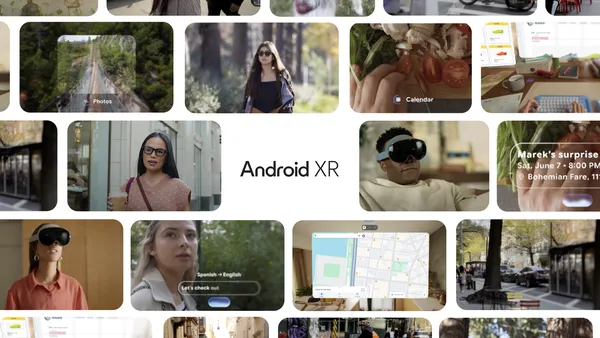














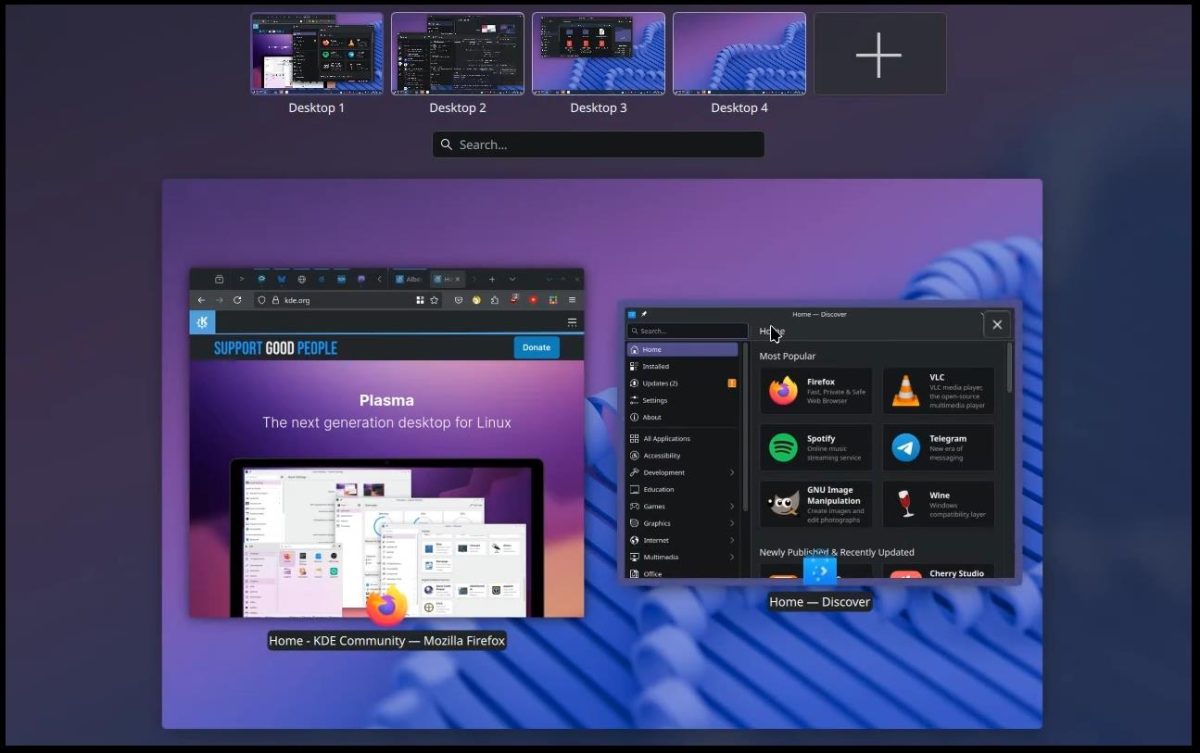

















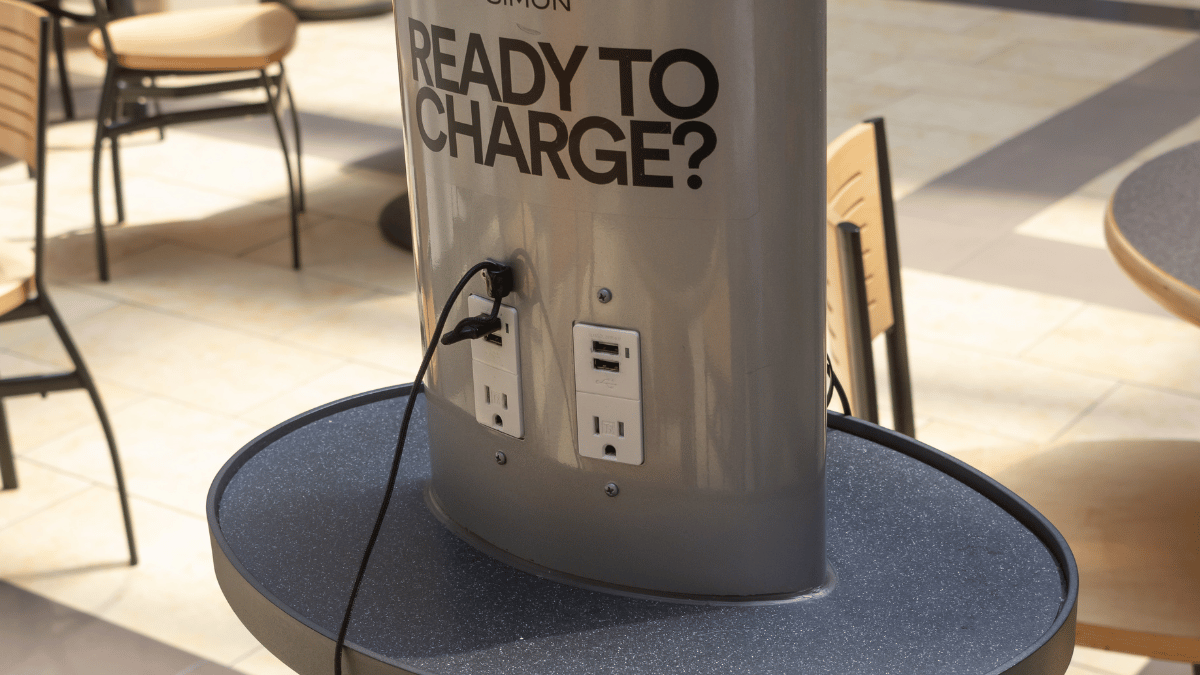


![iOS 18 Adoption Reaches 82% [Chart]](https://www.iclarified.com/images/news/97512/97512/97512-640.jpg)
![Apple Shares Official Trailer for 'The Wild Ones' [Video]](https://www.iclarified.com/images/news/97515/97515/97515-1280.jpg)


















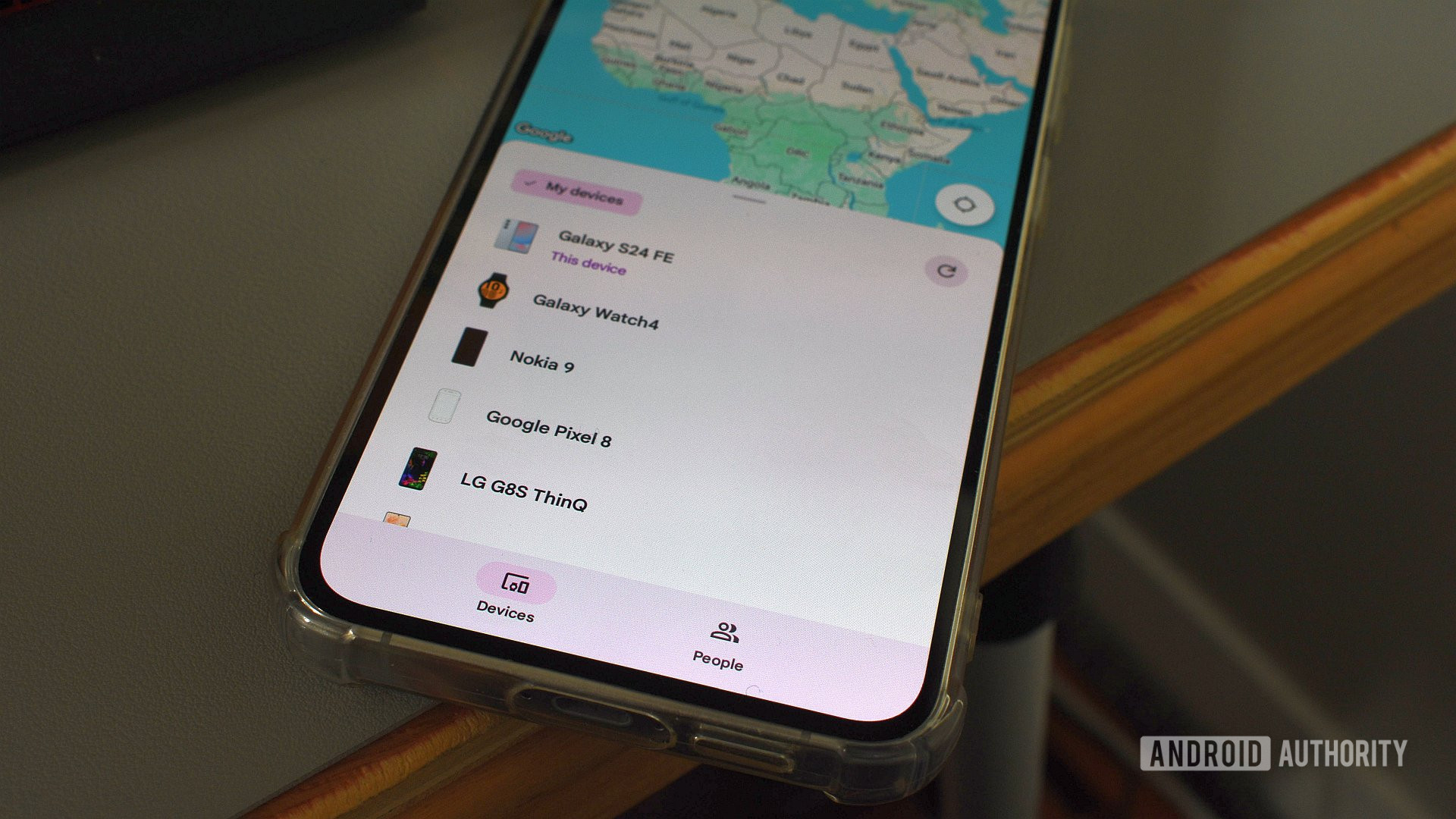
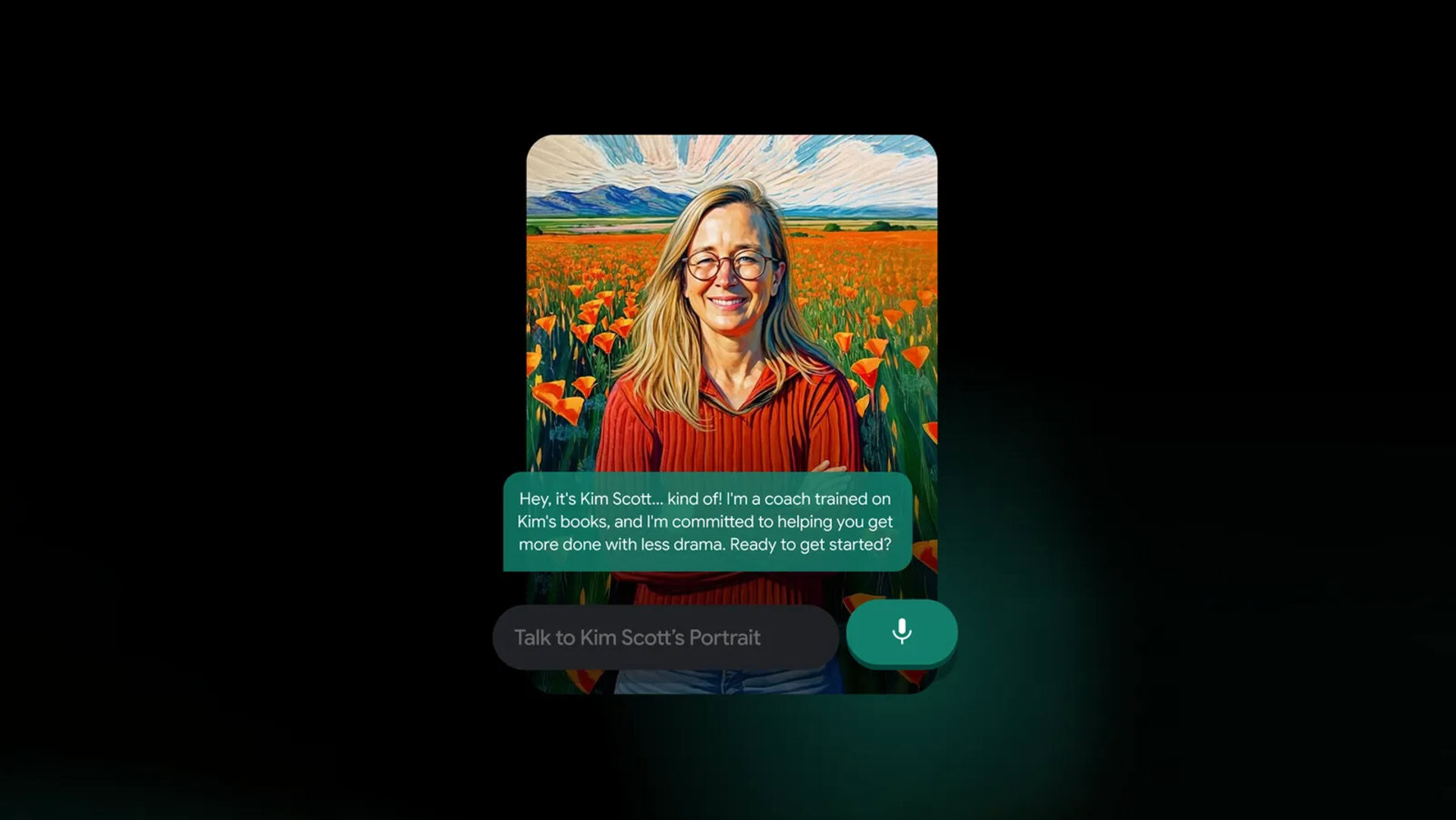
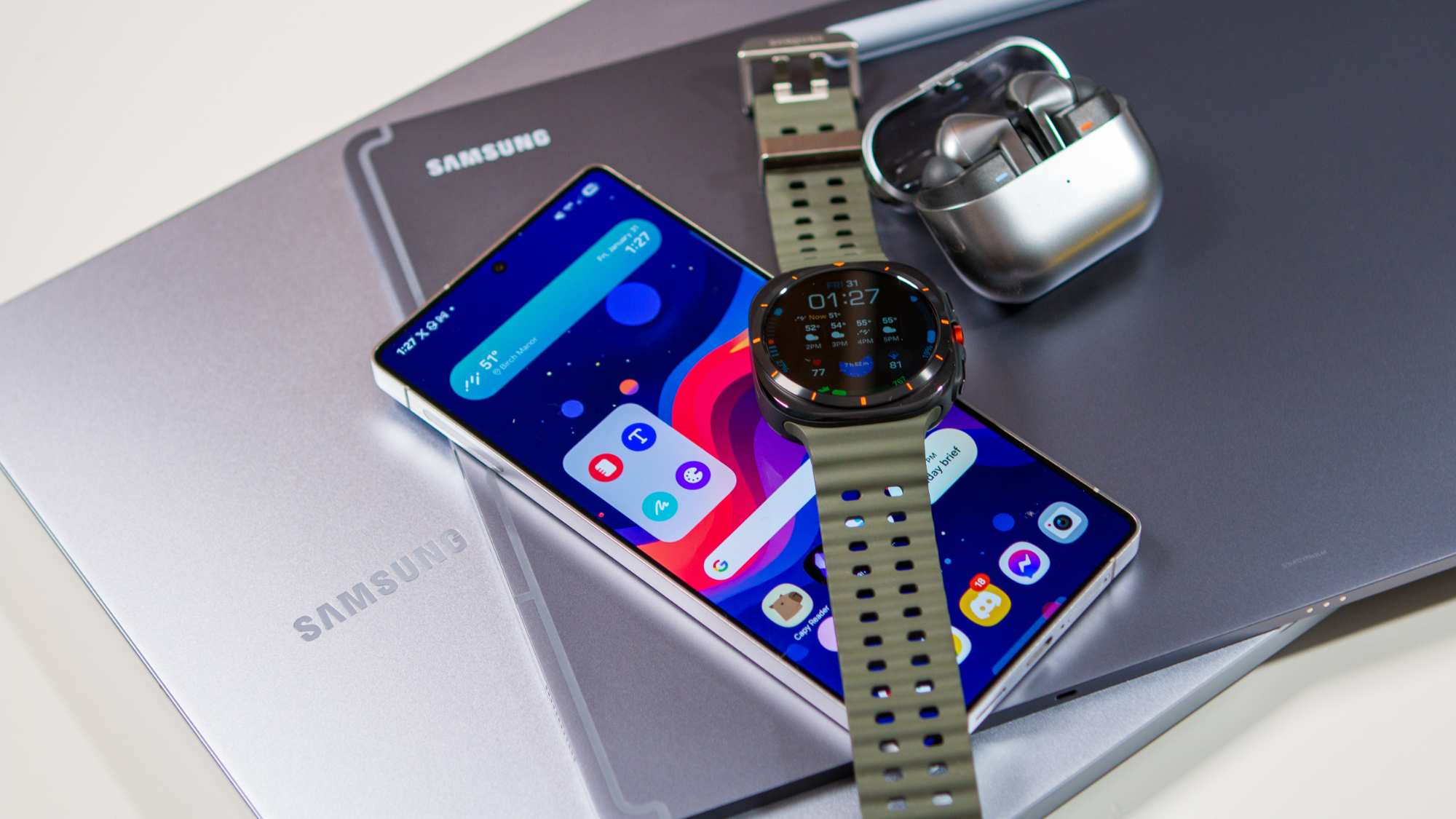

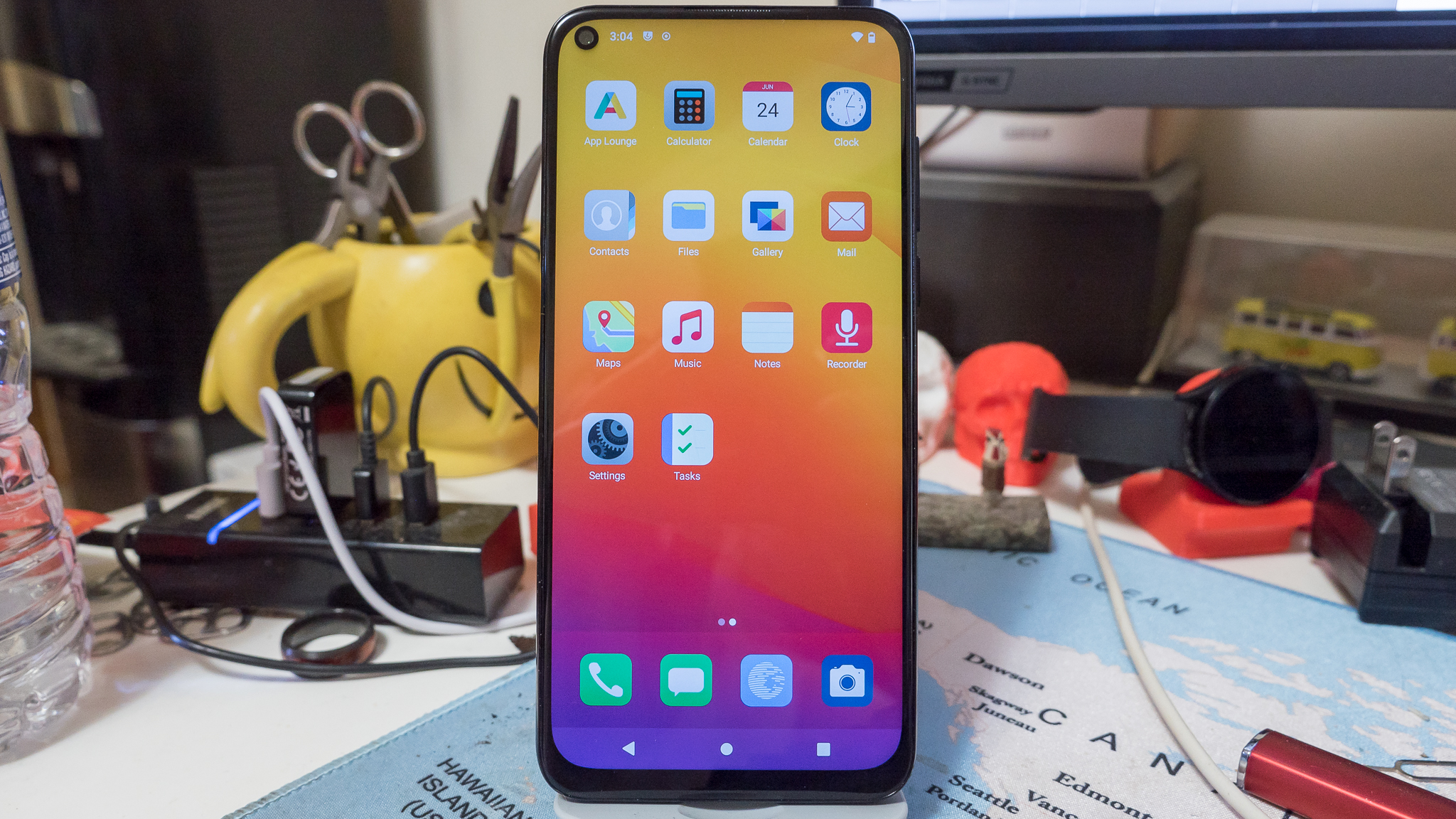

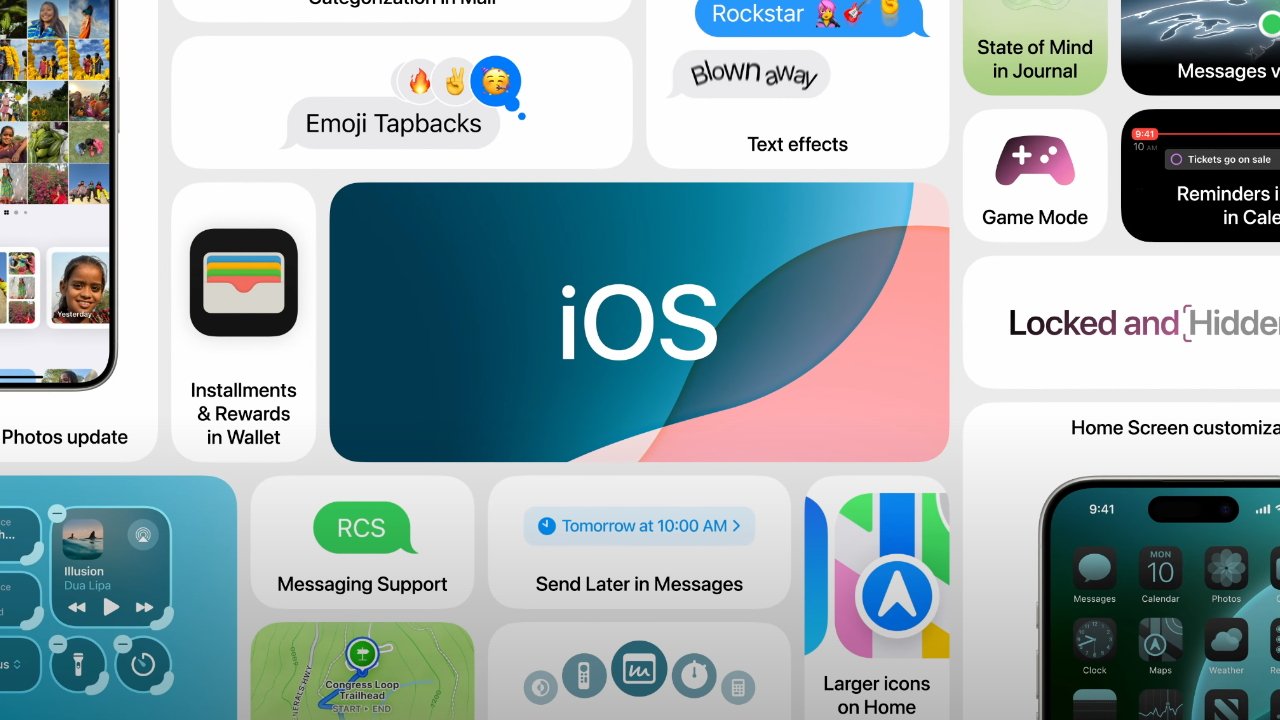





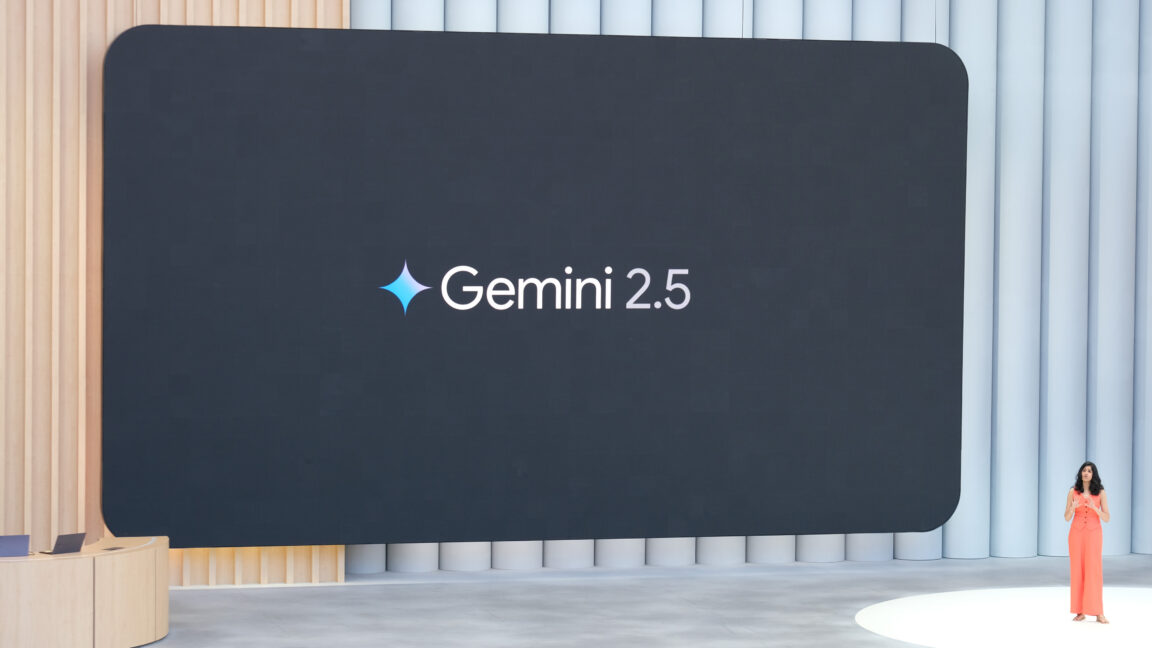



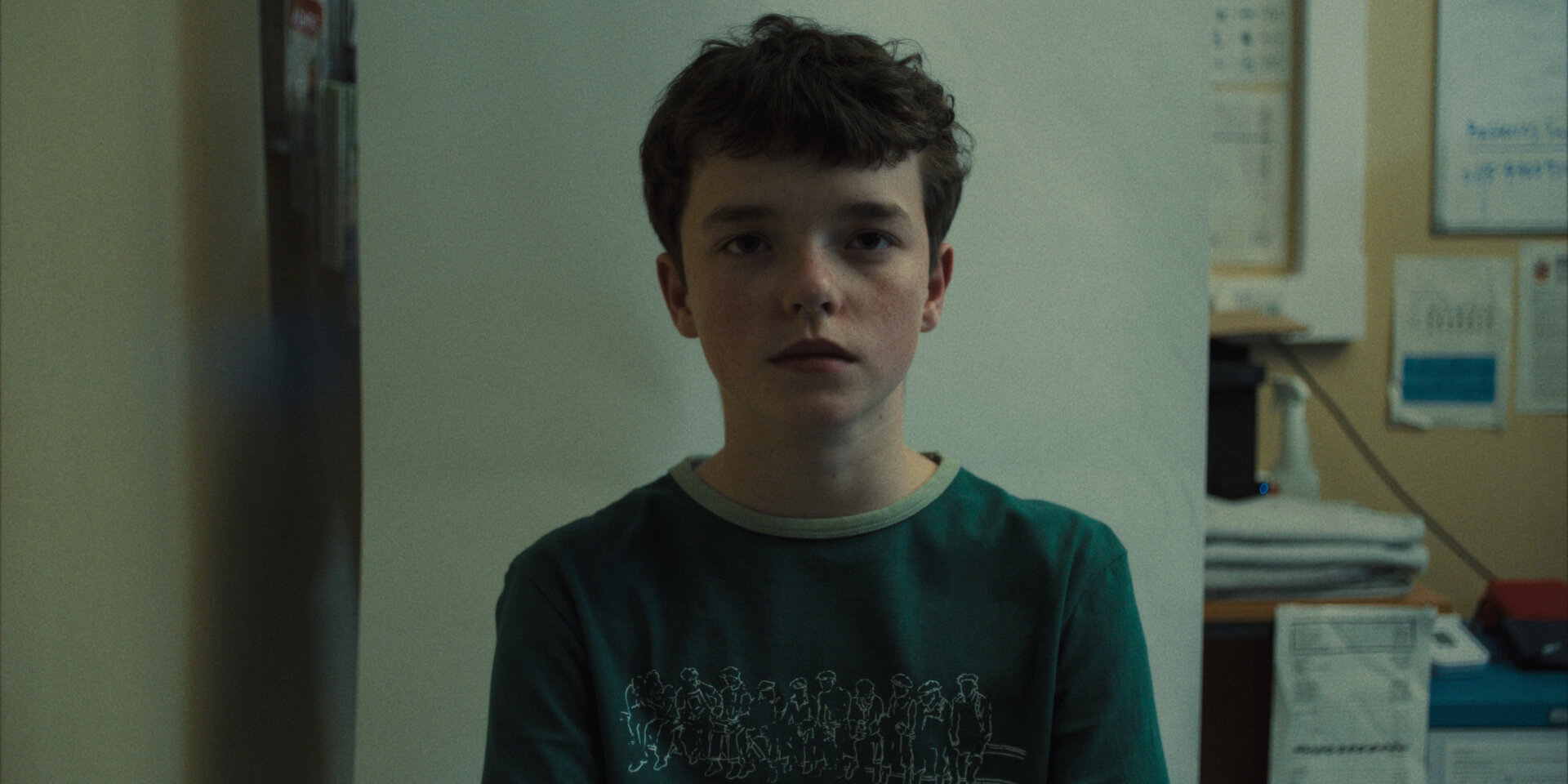

















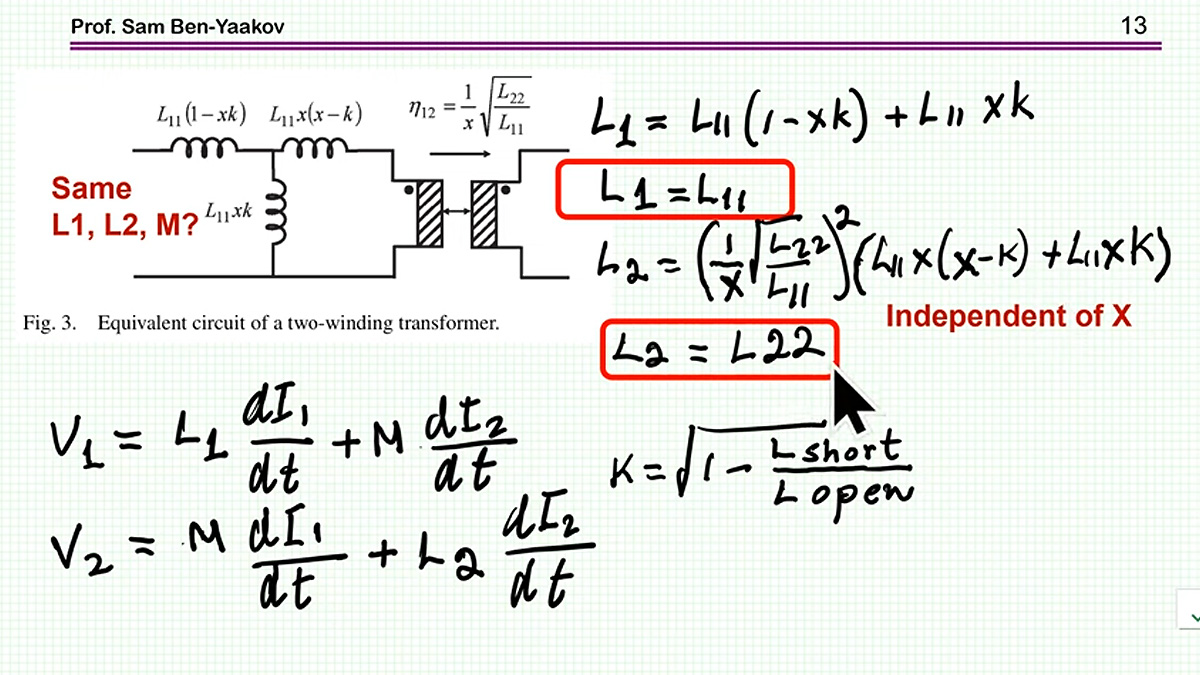
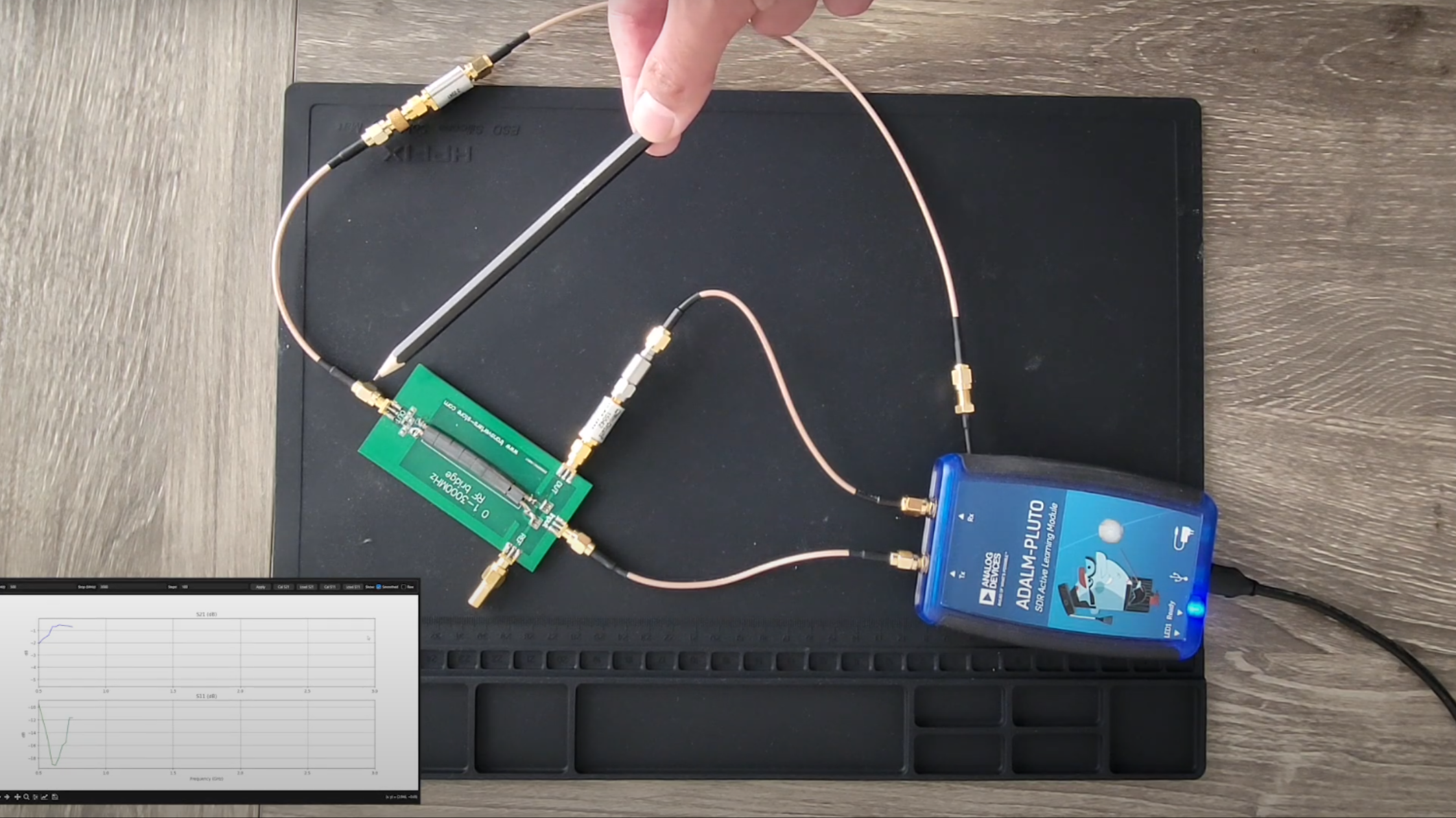



















































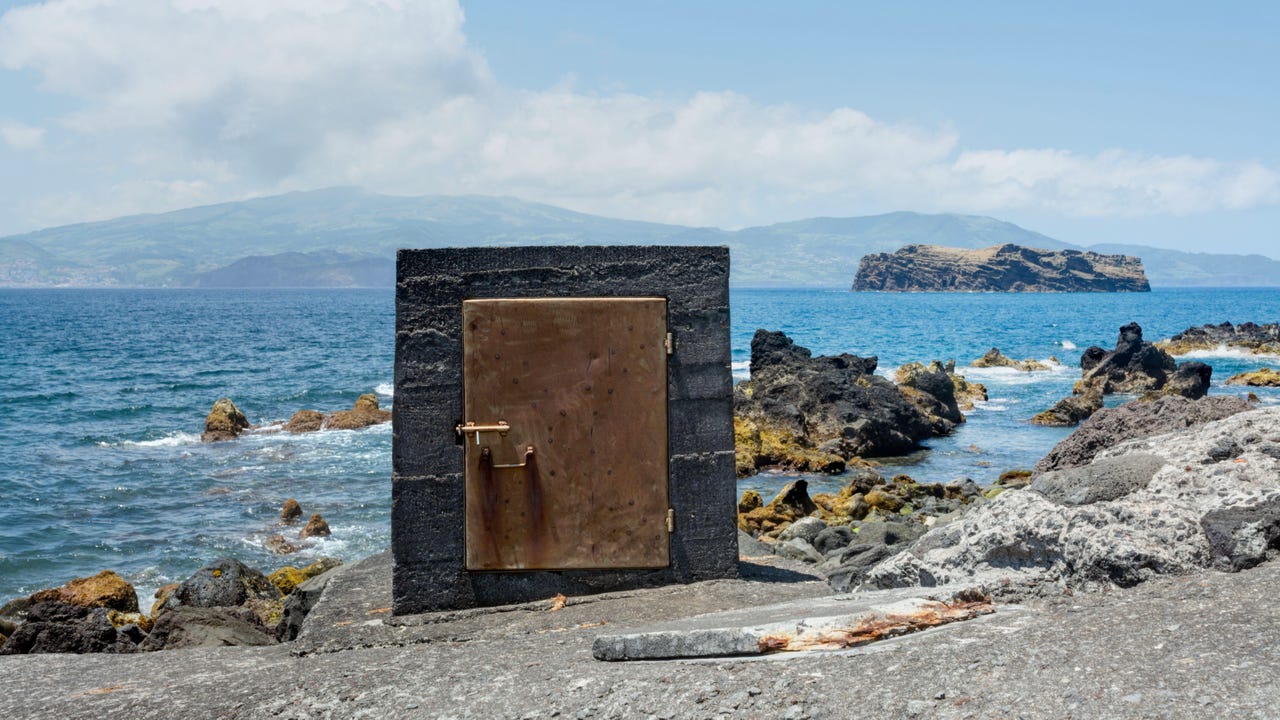
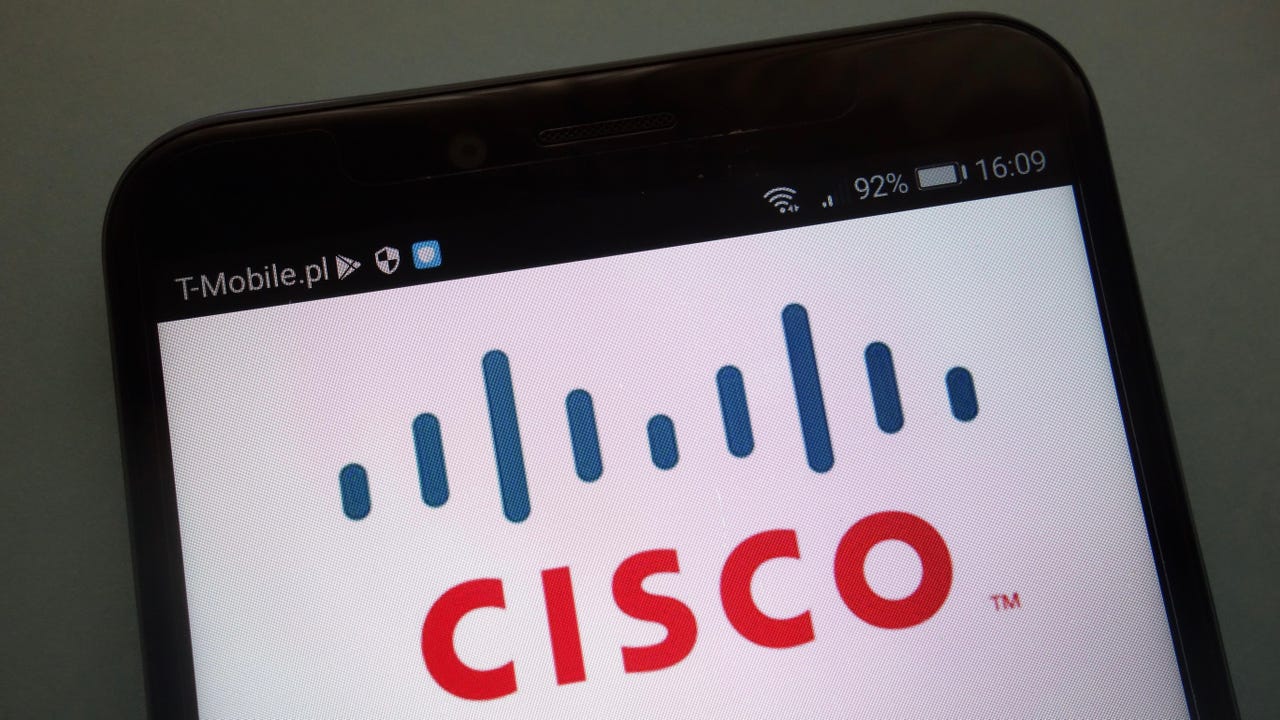



















































































































![[The AI Show Episode 151]: Anthropic CEO: AI Will Destroy 50% of Entry-Level Jobs, Veo 3’s Scary Lifelike Videos, Meta Aims to Fully Automate Ads & Perplexity’s Burning Cash](https://www.marketingaiinstitute.com/hubfs/ep%20151%20cover.png)






























































































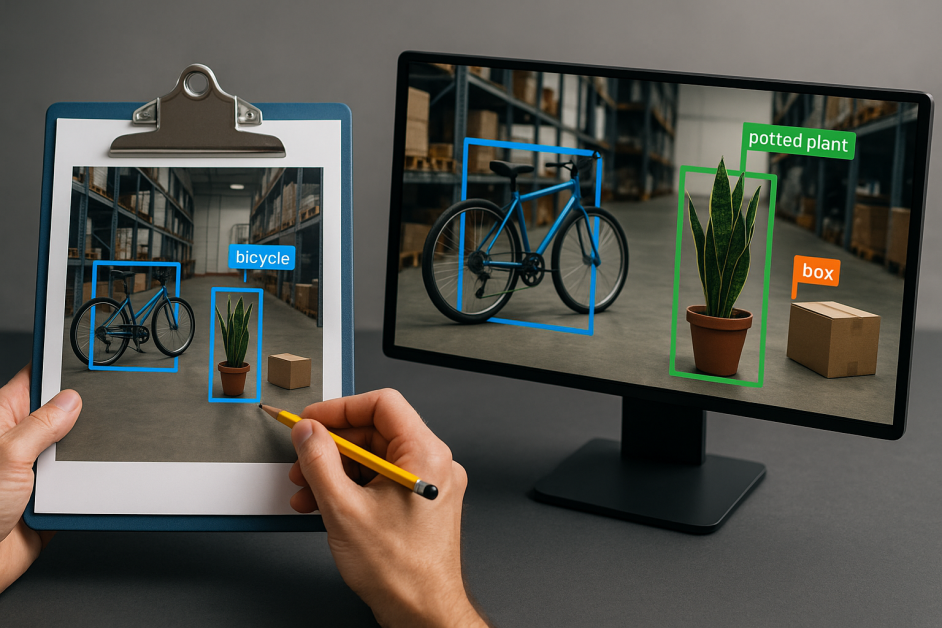
















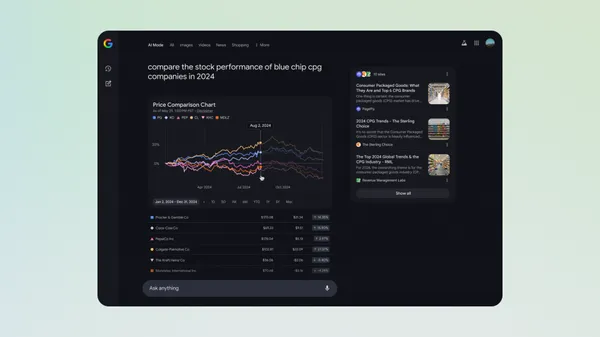









































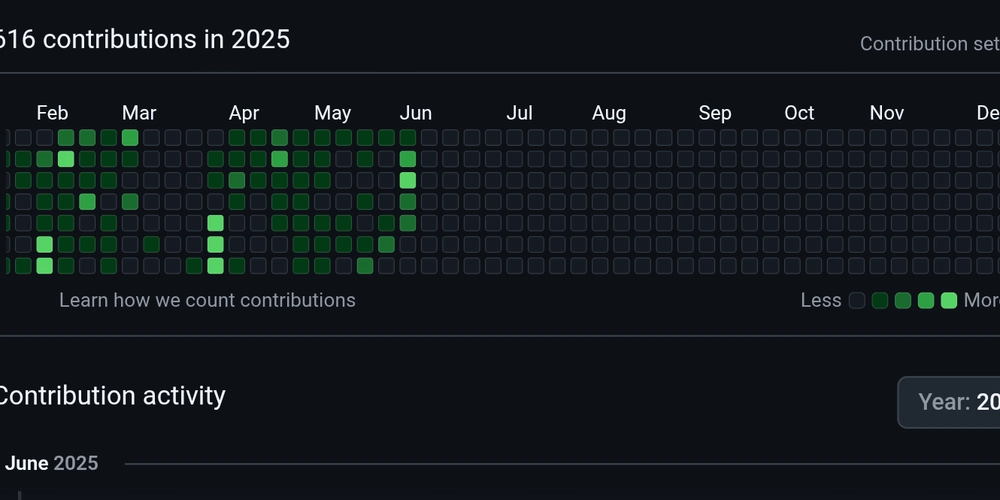








![[DEALS] FileJump 2TB Cloud Storage: Lifetime Subscription (85% off) & Other Deals Up To 98% Off – Offers End Soon!](https://www.javacodegeeks.com/wp-content/uploads/2012/12/jcg-logo.jpg)




















-0-8-screenshot.png?width=1920&height=1920&fit=bounds&quality=70&format=jpg&auto=webp#)
.jpg?width=1920&height=1920&fit=bounds&quality=70&format=jpg&auto=webp#)


